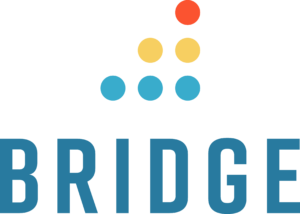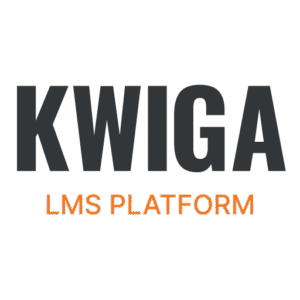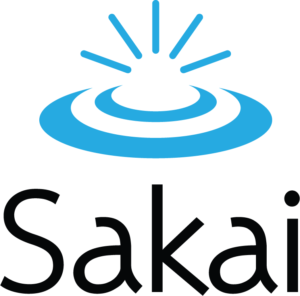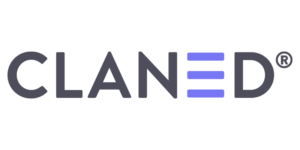Why Opt For Learning Management Systems (LMSs) For The Higher Education Industry
Traditional teaching methods are evolving, and digital learning tools are becoming essential in universities and colleges. An LMS enhances the learning experience by offering:
- Flexible learning options with online, hybrid, or flipped classrooms.
- Automated grading and assessments to reduce instructor workload.
- Centralized access to course materials for students and faculty.
- Student progress tracking to monitor learning outcomes.
- Engagement tools such as discussion forums, video lectures, and interactive quizzes.
How An LMS Benefits Universities, Educators, And Students
For universities and colleges, an LMS simplifies course administration, improves accessibility, and supports large-scale learning management efforts. Educators can save time with automation, while students benefit from self-paced learning, personalized feedback, and better communication with instructors. Furthermore, an LMS provides a flexible and interactive learning experience, making it easier for students to access resources, submit assignments, and track their progress in one platform.
Finally, for online education platforms, an LMS allows institutions to scale their programs and reach students globally, supporting distance learning and lifelong education.
Choosing The Best LMS For Higher Education
Before selecting an LMS, institutions should consider:
- Scalability: Can it support large numbers of students and courses?
- Ease of use: Is the platform intuitive for both students and faculty?
- Integration: Does it connect with student information systems, grading tools, and video conferencing platforms?
- Customization: Can institutions personalize the learning experience with branding and course structures?
- Analytics and reporting: Does it provide insights into student performance and engagement?
Testing a free demo or trial helps institutions find the best LMS for their academic needs.











